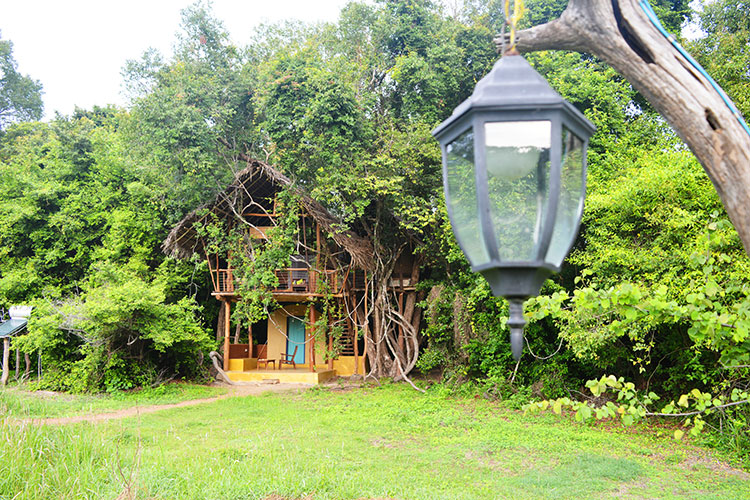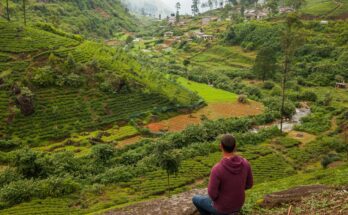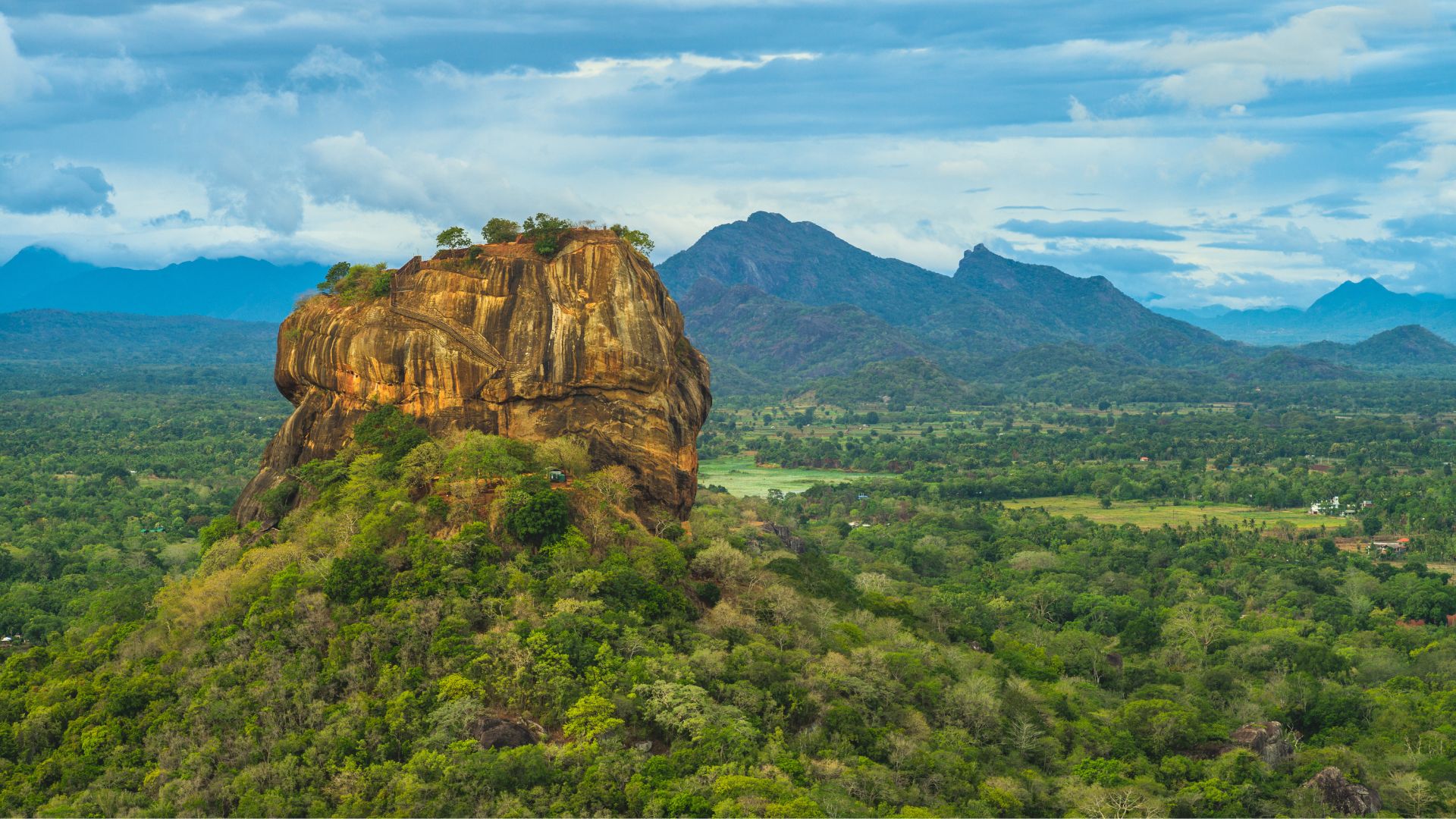Sri Lanka, a small island with an abundance of natural beauty, is fast becoming a leading destination for eco-tourism. As more travelers seek ways to explore the world responsibly, Sri Lanka’s pristine beaches, lush forests, and rich wildlife offer the perfect backdrop for sustainable travel. By embracing eco-friendly practices, travelers can experience the island’s breathtaking landscapes while helping to preserve its unique environment. From wildlife conservation projects to eco-lodges that run on renewable energy, Sri Lanka is paving the way for a greener tourism industry that benefits both visitors and local communities. If you’re looking to immerse yourself in nature, support conservation efforts, and make a positive impact, Sri Lanka’s eco-tourism is the way to go.
𝗘𝗰𝗼-𝗙𝗿𝗶𝗲𝗻𝗱𝗹𝘆 𝗟𝗼𝗱𝗴𝗶𝗻𝗴: Stay Green in Comfort
One of the easiest ways to make your travel more sustainable is by choosing eco-friendly accommodations. Sri Lanka offers a wide range of eco-lodges and boutique hotels that blend luxury with sustainability. These accommodations go beyond offering a comfortable stay; they integrate renewable energy sources, waste-reduction systems, and water conservation practices into their operations.
For example, Ulagalla by Uga Escapes, located in Anuradhapura, is an eco-luxury resort that operates on solar power and uses rainwater harvesting. The property is designed with sustainable materials and offers guests the chance to explore the surrounding organic farm. Similarly, The Rainforest Ecolodge near Sinharaja Forest Reserve is a perfect example of eco-tourism, built using local materials and designed to blend in seamlessly with the natural surroundings. These types of stays not only provide a luxurious experience but also contribute to protecting Sri Lanka’s delicate ecosystems.
By choosing to stay in these eco-conscious resorts, visitors help reduce their environmental footprint and contribute to the sustainable tourism industry, promoting environmental preservation while enjoying their vacation.
𝗪𝗶𝗹𝗱𝗹𝗶𝗳𝗲 𝗖𝗼𝗻𝘀𝗲𝗿𝘃𝗮𝘁𝗶𝗼𝗻 𝗮𝗻𝗱 𝗘𝘁𝗵𝗶𝗰𝗮𝗹 𝗘𝘅𝗽𝗲𝗿𝗶𝗲𝗻𝗰𝗲𝘀
Sri Lanka is a sanctuary for wildlife, with national parks like Yala, Uda Walawe, and Wilpattu home to a variety of species, including elephants, leopards, and rare bird species. However, the growing popularity of wildlife tourism necessitates ethical and responsible practices. Eco-tourism in Sri Lanka emphasizes wildlife conservation and encourages travelers to engage in experiences that prioritize animal welfare and the protection of natural habitats.
One such example is the Elephant Transit Home in Udawalawe, which rehabilitates orphaned elephants and prepares them for a return to the wild. Visitors can learn about the center’s vital work in elephant conservation and contribute to the cause through their visit. The experience is both educational and impactful, offering a chance to witness these magnificent creatures up close while supporting their long-term preservation.
Another example is the Kosgoda Turtle conservation Project, which focuses on protecting endangered sea turtles. The project runs a hatchery and works to ensure the survival of these creatures by educating visitors about their vital role in the ecosystem. By participating in eco-tourism activities like these, tourists help fund conservation efforts and gain valuable insights into ethical wildlife tourism.
𝗘𝘅𝗽𝗹𝗼𝗿𝗶𝗻𝗴 𝗦𝗿𝗶 𝗟𝗮𝗻𝗸𝗮’𝘀 𝗙𝗼𝗿𝗲𝘀𝘁𝘀: Trekking and Nature Walks
Sri Lanka is home to some of the most biodiverse rainforests in the world, with areas like Sinharaja Forest Reserve and the Knuckles Mountain Range being prime examples. These forests are not only vital to the island’s ecosystem but also offer eco-tourists an immersive experience in nature. Trekking through these lush landscapes gives travelers the opportunity to connect with nature, while also supporting local conservation efforts.
Sinharaja Forest Reserve, a UNESCO World Heritage Site, is a prime destination for eco-tourism. The forest, known for its rich biodiversity, is home to many endemic species of flora and fauna. Guided treks through Sinharaja provide tourists with the opportunity to observe wildlife and learn about the importance of preserving the forest’s delicate ecosystem. The local guides are often members of the surrounding communities, helping to create sustainable livelihoods and raise awareness about conservation.
Similarly, the knuckles Mountain Range offers a range of eco-friendly trekking routes. The area is rich in both natural beauty and biodiversity, making it an ideal destination for eco-tourists. Hiking through mist-covered mountains and visiting hidden waterfalls is not only a breathtaking experience but also a reminder of the importance of preserving Sri Lanka’s natural heritage.
𝗖𝗼𝗻𝗰𝗹𝘂𝘀𝗶𝗼𝗻: A Greener Path for Sri Lanka’s Future
Sri Lanka’s eco-tourism offers a sustainable way for travelers to experience the island’s natural beauty, cultural heritage, and wildlife, all while supporting efforts to protect its environment and communities. From eco-lodges that minimize environmental impact to wildlife conservation projects that promote ethical tourism, Sri Lanka is leading the way in responsible travel. By making eco-friendly choices and embracing sustainable practices, visitors can help ensure that this island paradise remains a vibrant and thriving destination for generations to come. Sri Lanka’s eco-tourism is not just a trend; it’s a movement towards a more sustainable and responsible way of exploring the world.



